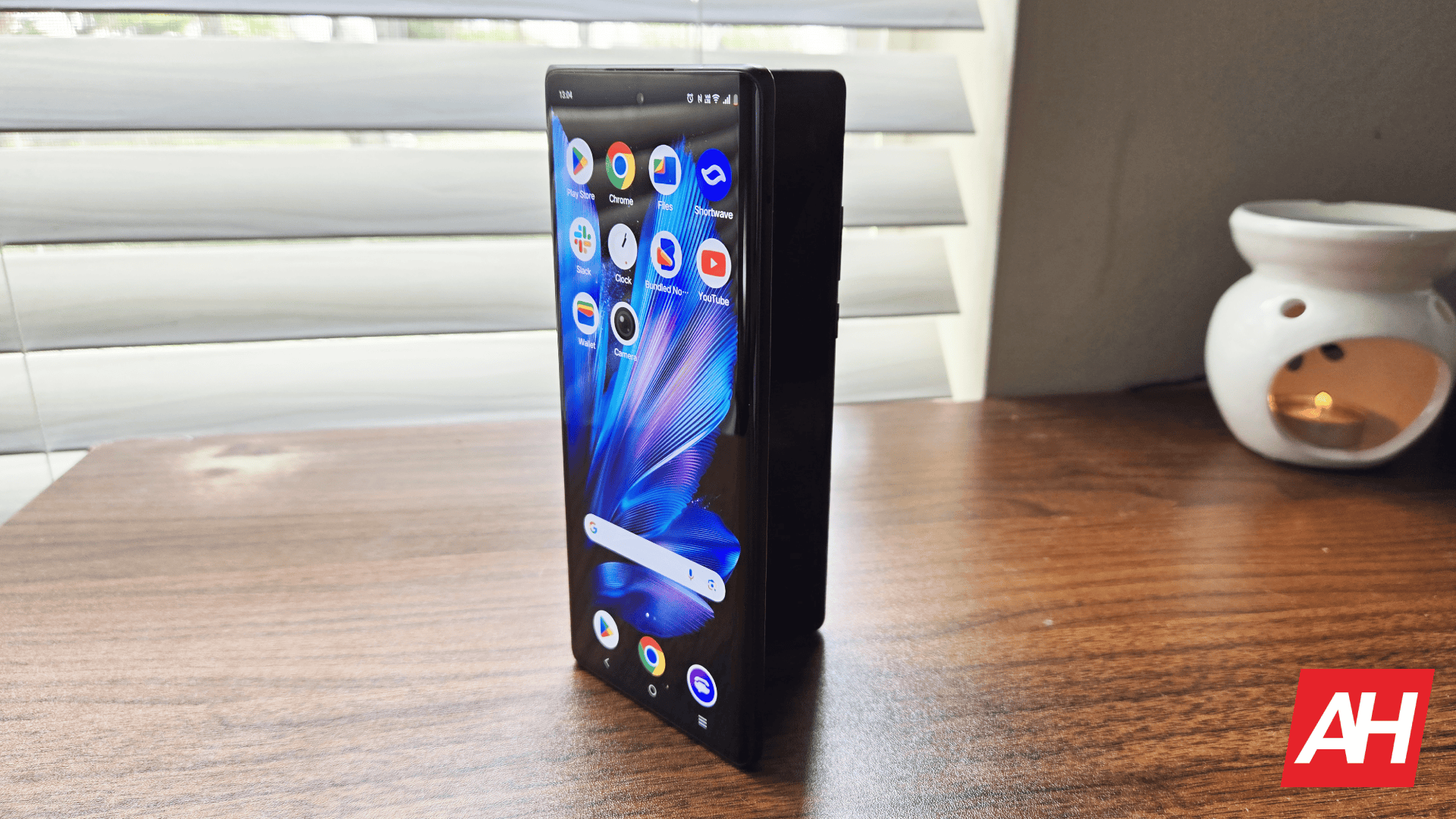Yesterday, Samsung announced a slew of new products, including the Galaxy S24 FE, Galaxy Tab S10 series and the Galaxy Watch FE LTE. The former two we were completely right, with our leaks, but not’s the topic of discussion today.
Something that really stood out to me from this announcement from Samsung was, the lack of Qualcomm. Samsung has almost always used Qualcomm’s Snapdragon processors in its products, particularly here in the US. Very rarely do we see Exynos chipsets in products sold in the US – mostly only on super cheap devices. But this year, the Galaxy S24 FE is running the Exynos 2400e, and the Galaxy Tab S10 Plus and Ultra are running the new MediaTek Dimensity 9300+ chipset. Meanwhile the Galaxy Watch FE LTE is using the Exynos W920, but that’s not a big surprise, seeing as most recent Samsung smartwatches have been Exynos-based.
Could Samsung ditch Qualcomm in more products?
But the real question here is whether this is a sign of things to come. We’ve heard rumors that the Galaxy S25 series (sans the Ultra) could be sporting Exynos chipsets worldwide, while the Galaxy S25 Ultra would stick with the latest and greatest Snapdragon chipset. Samsung has almost always used two different chipsets in the Galaxy S series, worldwide. Sticking with Qualcomm in most LTE markets, thanks to Qualcomm’s patents, and using Exynos in other markets – mainly Europe.
However, Exynos has been ridiculed for years. Many in Europe have complained about how much slower and laggy the Exynos version of the Galaxy S series has been over the years. So this rumor isn’t one that was met with excitement. But we’ve heard both Snapdragon worldwide and Exynos worldwide, so who knows until Samsung actually announces it in January.

Is MediaTek a real downgrade from Snapdragon?
For years, MediaTek has been seen as a “cheaper” and less powerful (and efficient) chipset compared to what Qualcomm offers with the Snapdragon series. Of course, a big part of that is due to the fact that it is based in China. But is it that really true? Well, according to benchmarks, it does appear to surpass the Snapdragon 8 Gen 3 in terms of performance and efficiency. Which you might think, wow big deal, Snapdragon 8 Gen 4 is being announced next month. True. But so is MediaTek’s newest flagship processor – on October 9.
Of course, we’ll be putting it through its paces once we get our hands on the Galaxy Tab S10 Ultra in the next few days, and see if it’s really a downgrade from the Snapdragon 8 Gen 2 for Galaxy that was packed into the Galaxy Tab S9 Ultra last year.
MediaTek has quietly been taking more and more market share away from Qualcomm. That’s not a good sign for Qualcomm, but a great sign for consumers. With MediaTek gaining market share from Qualcomm, it’s making them a bigger competitor and forcing Qualcomm to be more innovative and competitive. Qualcomm used to completely own the mobile market, especially in the US, but that’s starting to change.
Not to mention, many OEMs are unhappy with Qualcomm, because of the way they charge for their processors. Instead of simply charging a company to buy so many Snapdragon 8 Gen 3 chips, Qualcomm also charges royalties to use the chipset and the technologies included in it. Apple’s been very vocal about this, having to pay about 5% in royalties to Qualcomm just to use their modem, and on top of that there was a large “CDMA tax” that Apple had to pay Qualcomm too. This is the kind of thing Qualcomm can do when they own the market, especially when it came to CDMA. Qualcomm owns the majority of patents for CDMA networks, which is why US versions of phones typically came with a Snapdragon chipset versus those sold in Europe.
Should Samsung continue diversifying their chipsets?
There’s only one thing wrong with selling devices running three different company chipsets – Exynos, Dimensity and Snapdragon. And that is software. You see, software needs to be optimized for each of these platforms, so Samsung running One UI 7 on now three different platforms, is going to mean quite a bit of work needs to go into making this run efficiently across the board.
But on the business side, this means that Samsung isn’t relying on a single company to make its chipsets for its products. Apple does this quite a bit actually. It relies on two suppliers for almost every part of its iPhone.
One thing that Samsung does very well is, choice. It has a phone at nearly every price point, and now you’ll be able to choose a product based on the chipset inside.
#Samsung #Phones #Tablets #Snapdragon




